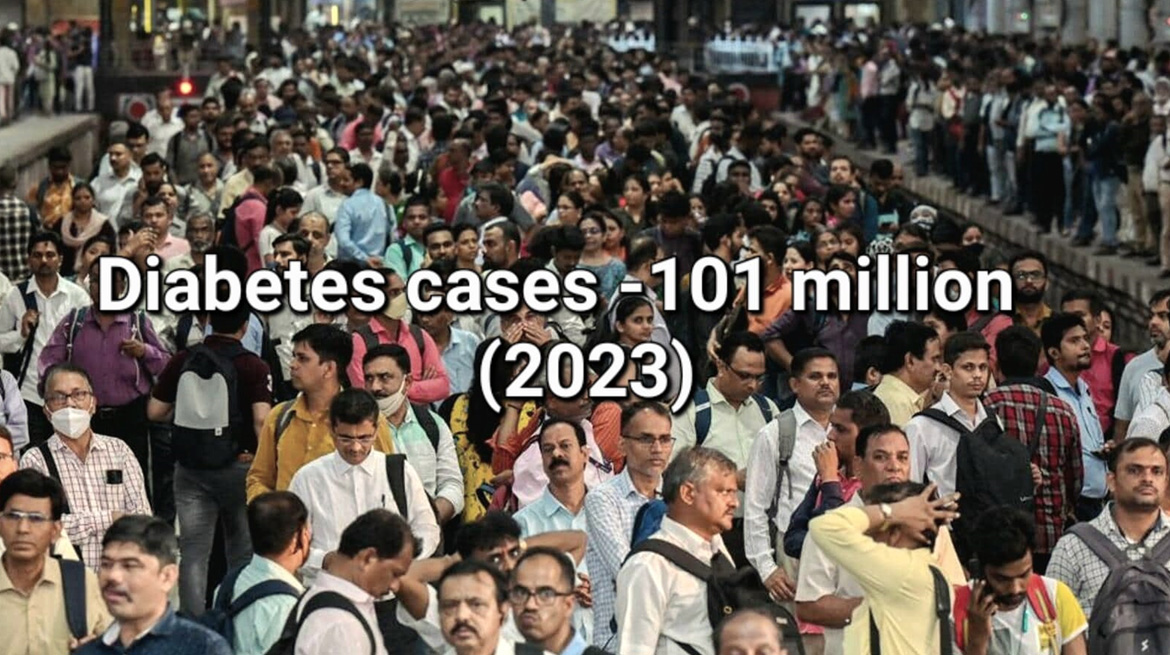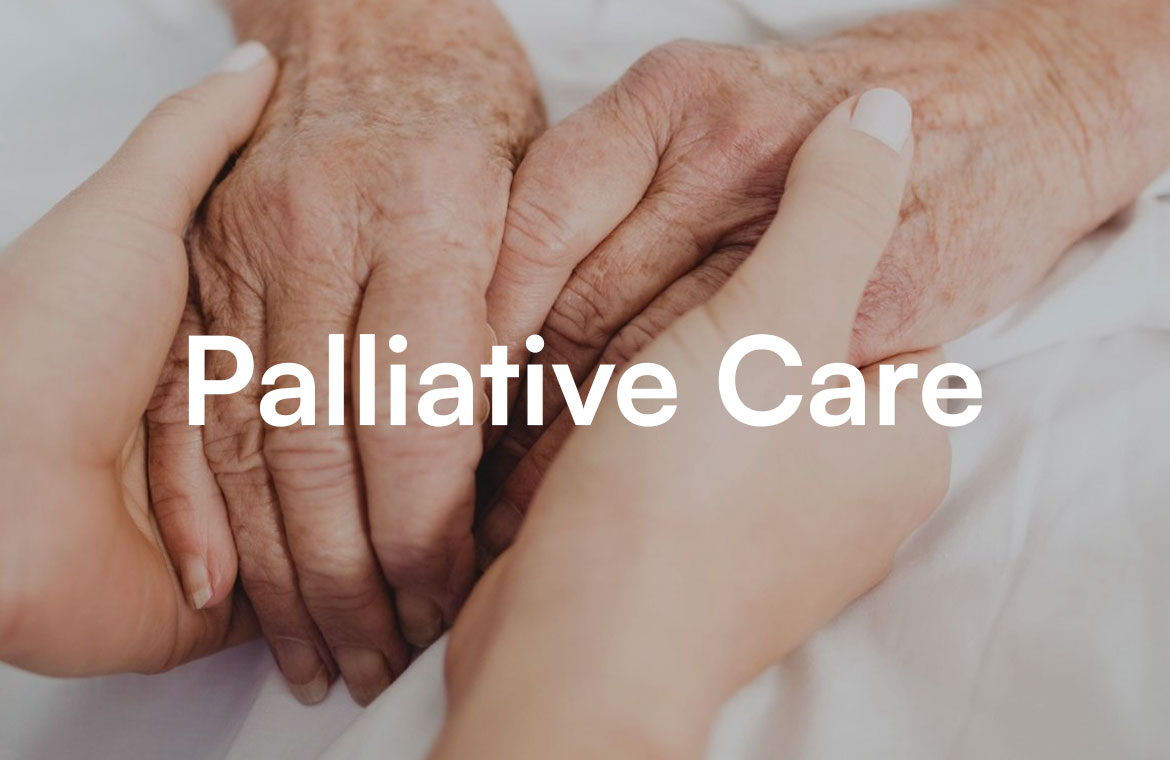According to ICMR, prevalence of Diabetes in India has tremendously risen from 77 million in 2019 to 101 million in 2023 (1). This data along with stating facts, also presents a grave picture in front of us.
With Diabetes being so common, every person knows one in their family or someone they know, who has Diabetes. It’s also not rare to see people talking casually about it, as if it’s not a big deal.
In a gathering with delicious food arranged beautifully, you will find someone saying, “Let’s enjoy and eat sweets as much as we can, until we get diabetes!” It’s funny, interesting and also hypocritical, raising a question on the knowledge and awareness about Diabetes and its complications.
No where we would want a sense of fear or stigma but the attitude and behaviour of taking Diabetes lightly is absolutely not correct. Besides, this chain doesn’t end here.
Knowing about diabetes is one thing, but getting it diagnosed is another challenge. Many don’t even know that they have diabetes, when they know, sometimes complications have already started to take place. Even after getting diagnosed, adherence to treatment and routine follow up, is yet another challenge.
It’s also common to see patients saying that they had diabetes before, took medicines and then completely stopped taking medicine later on.
Underestimating this condition can be catastrophic. Untreated or poorly managed diabetes can silently pave the way for severe health issues, including cardiovascular disease, kidney failure, nerve damage, and vision loss. It is essential to understand that these complications don’t appear overnight but result from years of uncontrolled blood sugar levels.
So, basically if we see, our community needs to face the challenge of being aware about diabetes and its complications, routine investigations and early diagnosis, treatment adherence and follow up and finally, but not the least ‘Lifestyle modifications’.
Lifestyle Modifications: The First Line of Defence
Increasing age, genetic predisposition (Type 1 diabetes), family history, are some of the non-modifiable risk factors which plays important role, but they are not the only one.
Obesity particularly central obesity is associated with Type 2 Diabetes, affecting insulin sensitivity.
With the rise of sedentary lifestyle, decreased physical activity, high stress level, over-consumption of high glycaemic foods etc, all of which are interlinked leading to detrimental effect on the health of people.
- Physical activity – Incorporating time for regular physical activity (exercise, yoga) in your ever busy schedule is the first step towards prevention.
Not only that but the healthy habits like opting for stairs than lift, wherever possible. Choosing taking a walk rather than a vehicle whenever going to any nearby places. Avoiding long sitting hours etc. - Diet – Take balanced diet incorporating all nutrients. Avoid eating whites, eat whole foods which are rich in fibres and also help maintain blood sugar levels. Processed, ready to eat foods, takeaways are no doubt taken as tastier and time saving, but they are not good for health.
Along with keeping a note of calorie intake its also important to look into what you eat and when you eat. A healthy nutritious breakfast should be the choice over skipping the breakfast! - Reduce stress by yoga and meditation. Our mental and physical health are interlinked to each other, we can’t take care of one while ignoring other!
- Developing health behaviour and attitude in children and adolescents from early age.
Incorporating habit of regular physical exercises at the early age paves way to prevent many diseases by following a simple routine. Limiting screen time, promoting outdoor activities and sports, maintaining good sleep-wake cycle along with encouraging a healthy diet is the way forward.
Medical adherence – For those diagnosed, adhering to treatment isn’t optional; it’s a lifeline. Skipping doses or the worse, not taking prescribed regimen at all, can lead to fluctuating blood sugar levels and increase the risk of complications.
Again, diabetes management is not just about taking medications but ensuring a consistent approach to diet, physical activity, and routine monitoring of blood sugar levels.
In conclusion, it is necessary for us to understand that Diabetes is not a single disease but affects all our organ systems. Thereby, it should never be taken lightly. Although, with the advancement of medical science, we don’t need to worry about its treatment but we should also not ignore the prevention.
As the saying goes,
“Disease prevented is the Disease treated.”
Reference
-
-
- Anjana, Ranjit Mohan, Viswanathan et al. Metabolic non-communicable disease health report of India: the ICMR-INDIAB national cross-sectional study (ICMR-INDIAB-17), The Lancet Diabetes & Endocrinology, Volume 11, Issue 7, 474 – 489
-




